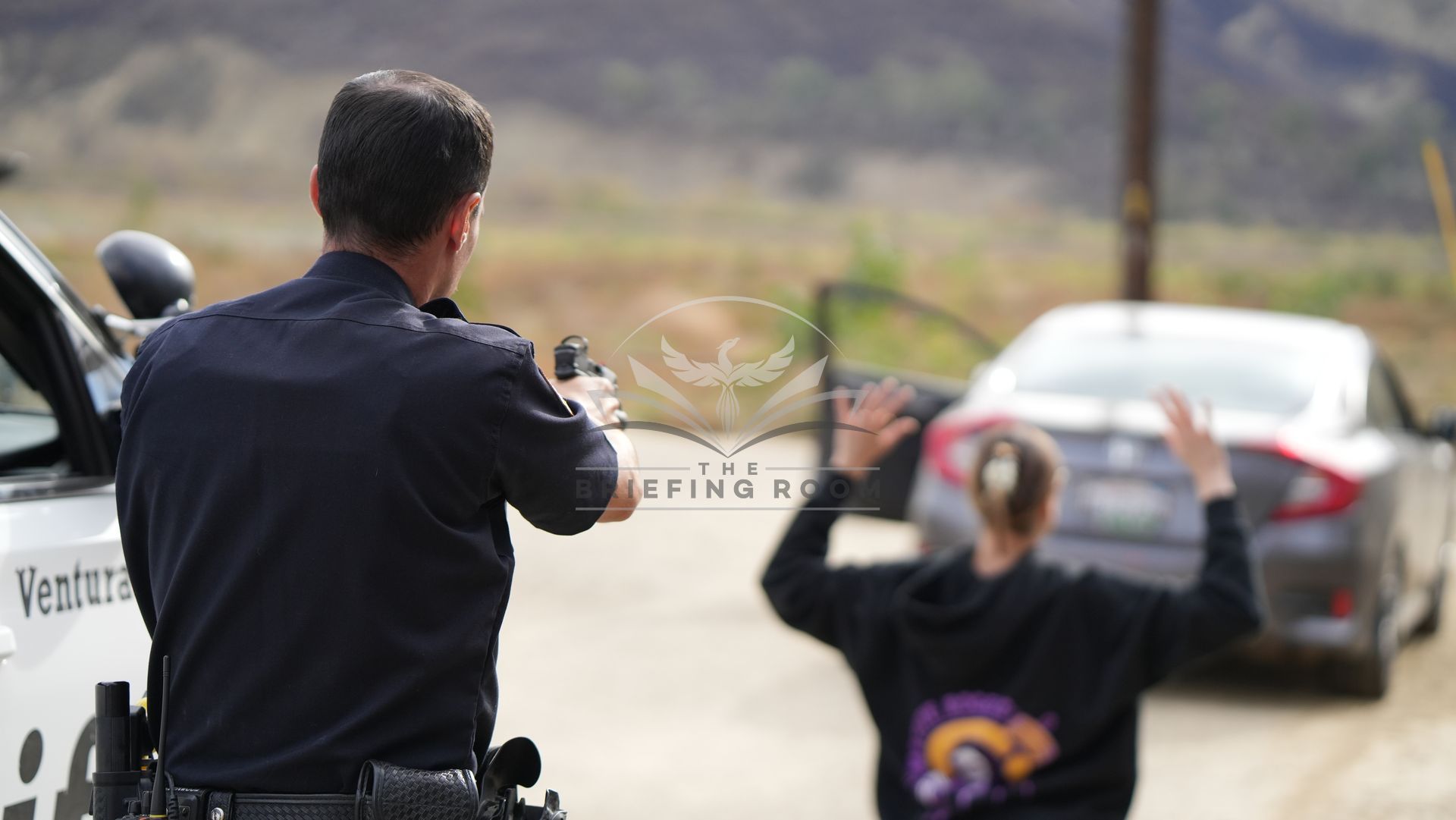Is It Enough To Say You Were Just Following Your Training?

This post is only offered as a discussion topic only and does not represent legal advice. Officers must refer to the laws in their own State as well as their agency's policies, which can be more restrictive on officers that the law requires.
Scenario: When conducting a high-risk traffic stop on a stolen vehicle, an officer sees that the driver is an elderly woman who is clearly unarmed. But, the officers training has taught them to handcuff all detainees on high-risk traffic stops in the same fashion. So, the officer orders her to walk backwards, drop to her knees, and then handcuffs her. Is it possible that the officer and their agency could lose qualified immunity if she sues for excessive force?
Is It Enough To Say You Were Just Following Your Training?
Answer: Those were the circumstances in the 2023 Unpublished 9th Circuit Case Brown v. County of San Bernardino. In that case, the court said, "The officers initially acted reasonably by removing Brown from her car and ascertaining whether she was armed or posed a threat. However, after Brown complied immediately with all instructions, the officers confirmed she was not armed and there was no indication at the scene that she posed an immediate threat to the safety of other officers, a jury could find that it was not reasonable for (officers) to believe that Brown – an 83-year-old, 5’2” 117 pound, unarmed, completely compliant woman – posed any immediate threat. Therefore, a jury could find that it was not reasonable for (officers) to force Brown to her knees and handcuff her.”
Qualified immunity was denied in this case. The officers appealed to the United States Supreme Court saying they were just following their training. But the Supreme Court denied the officers' petition to overturn the ruling.
Its important for officers to understand they are responsible for all of their actions being in compliance with case law, statutory law and their agency policy. Trying to justify your actions by saying you were trained a certain way or you were never told about a prior court case is an argument that's unlikely to gain support. As with all things officers do, their use of force must be objectively reasonable under the totality of the circumstances and be in compliance with State and Federal laws, regardless of the specific technique they were trained in.
The Briefing Room has a short training video available on this exact scenario so agency supervisors can easily train every officer in your agency on this essential topic.
90-Second Training Videos Your Supervisors Use During Briefing or Roll Call To Develop High-Performing Teams of Officers.
✅ Lower Liability
✅ Retain Officers
✅ Build Community Support
🌟 Produced Exclusively by Active-Duty Law Enforcement Instructors 🌟



